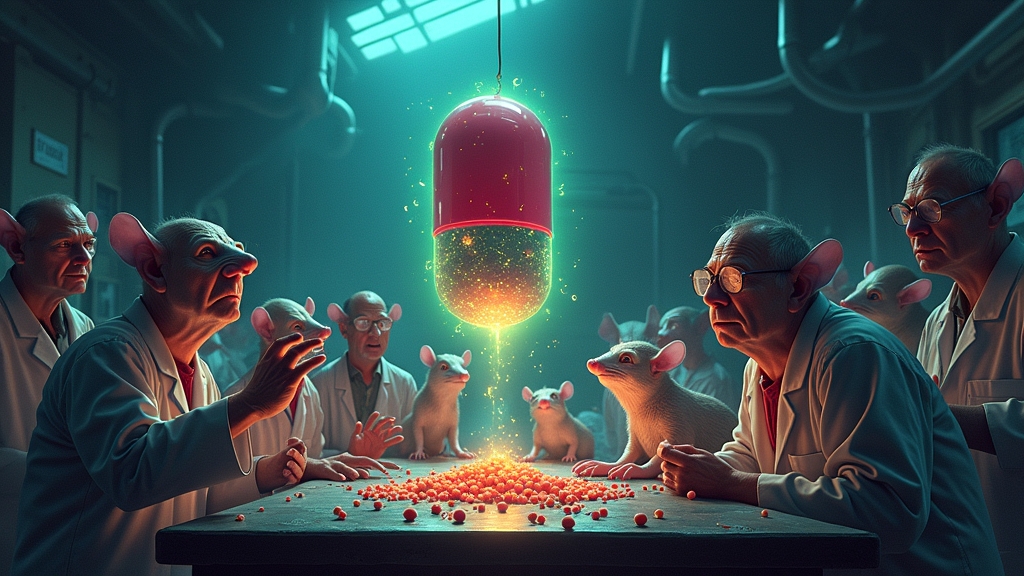University of Michigan Unveils Revolutionary AI—Now Capable of Delivering Campus Pizza at the Speed of Light
In a groundbreaking development that has scholars and pizza enthusiasts equally giddy, the University of Michigan has announced its ambitious quest to dominate the generative artificial intelligence scene with its awe-inspiring U-M-GPT program. Critics have already dubbed it “the ultimate game changer,” though mostly because it promises to finally optimize the campus food delivery system—by thinking really hard about it.
The U-M-GPT, born from the minds of dedicated researchers who once hacked their own coffeemakers to prioritize work over life itself, is set to redefine the limits of AI. No longer is AI just about making laughable errors on autocorrect; this bad boy is here to chase nobler pursuits, like potentially predicting what shade of maize and blue will truly blow minds next season.
“The possibilities are endless,” said Dr. Ima Whoseewhatsit, the leading techno-wizard behind the project. “Imagine if we could combine the unpredictability of a freshman’s diet with the precision of AI? Delivering pizzas with no anchovies to satisfy both environmental and existential concerns? We’re only scratching the surface!”
Students are already abuzz with excitement—especially since they can now proudly procrastinate by discussing the ethical implications of non-human entities crafting meandering essays instead of doing the actual work themselves.
Todd Languish, a sophomore with a penchant for last-minute brilliance, eagerly shared, “I can’t wait for AI to do all my heavy-lifting, like telling my parents I’m majoring in Fortnite strategy instead of Computer Engineering. If it can do that, it can sure handle making me look literally genius on every term-paper.”
However, not all is cheese and cherry tomatoes in this brave new world. Some faculty members worry about the unchecked potential of letting AI assist with grading. “It’s one thing for AI to write a term paper,” said Professor Rational Manold, “but letting it handle my meticulously arbitrary grading scale? That’s a bridge too far!”
In the meantime, the university’s plan doesn’t stop at culinary and academic revolutions. It envisions using AI-driven solutions to tackle existential challenges like why parking is always a nightmare or how to offer classes that students might actually manage to stay awake in.
As the AI dream marches on, everyone is left asking: Will this shape education into a utopian synthesis of innovation and laziness? Or is it merely a clever ruse to convince alumni to pour more donations into a fund labeled ‘future-proofing prestigious growth’, read as ‘building bigger stadiums’?
Only time will tell, but one thing’s for sure: the robots are coming—and they might just arrive with garlic knots.




